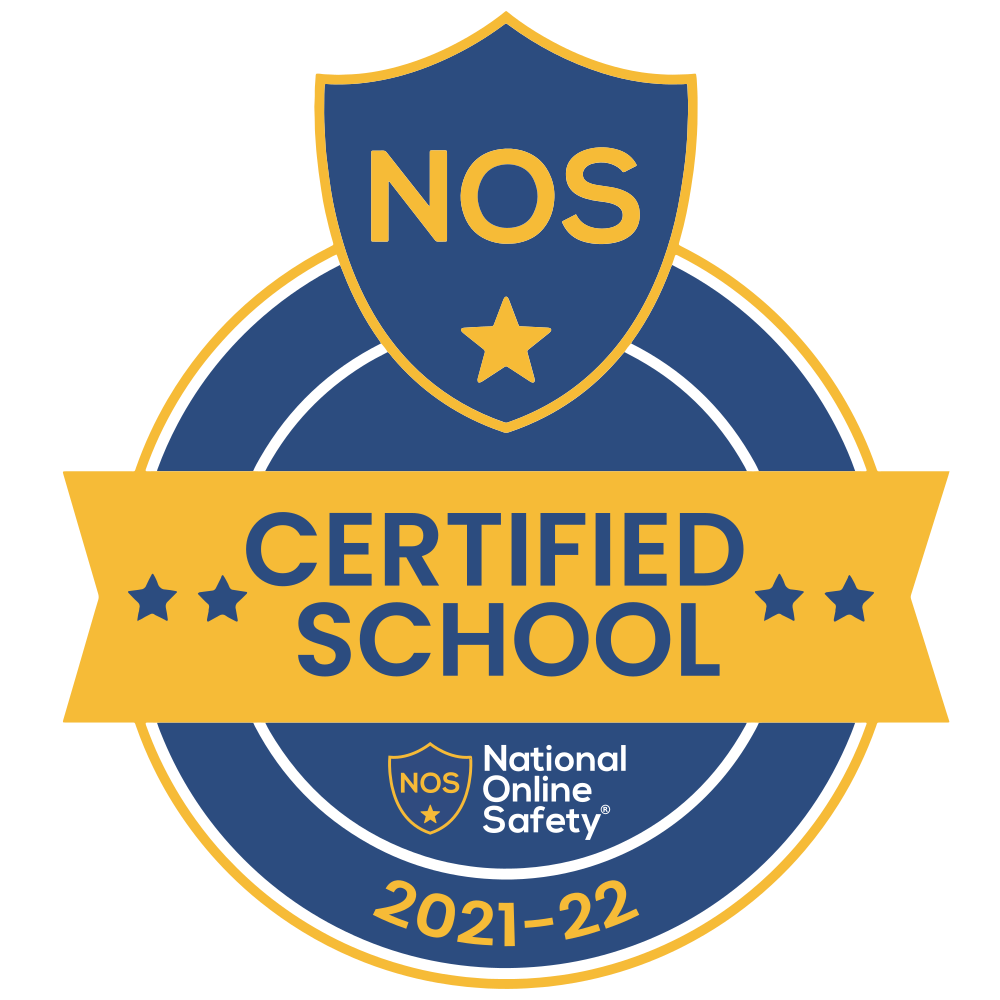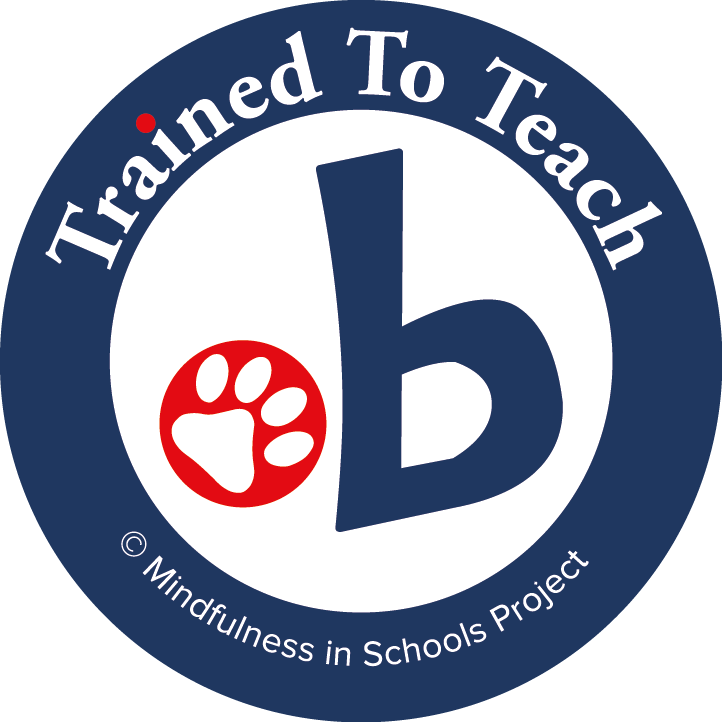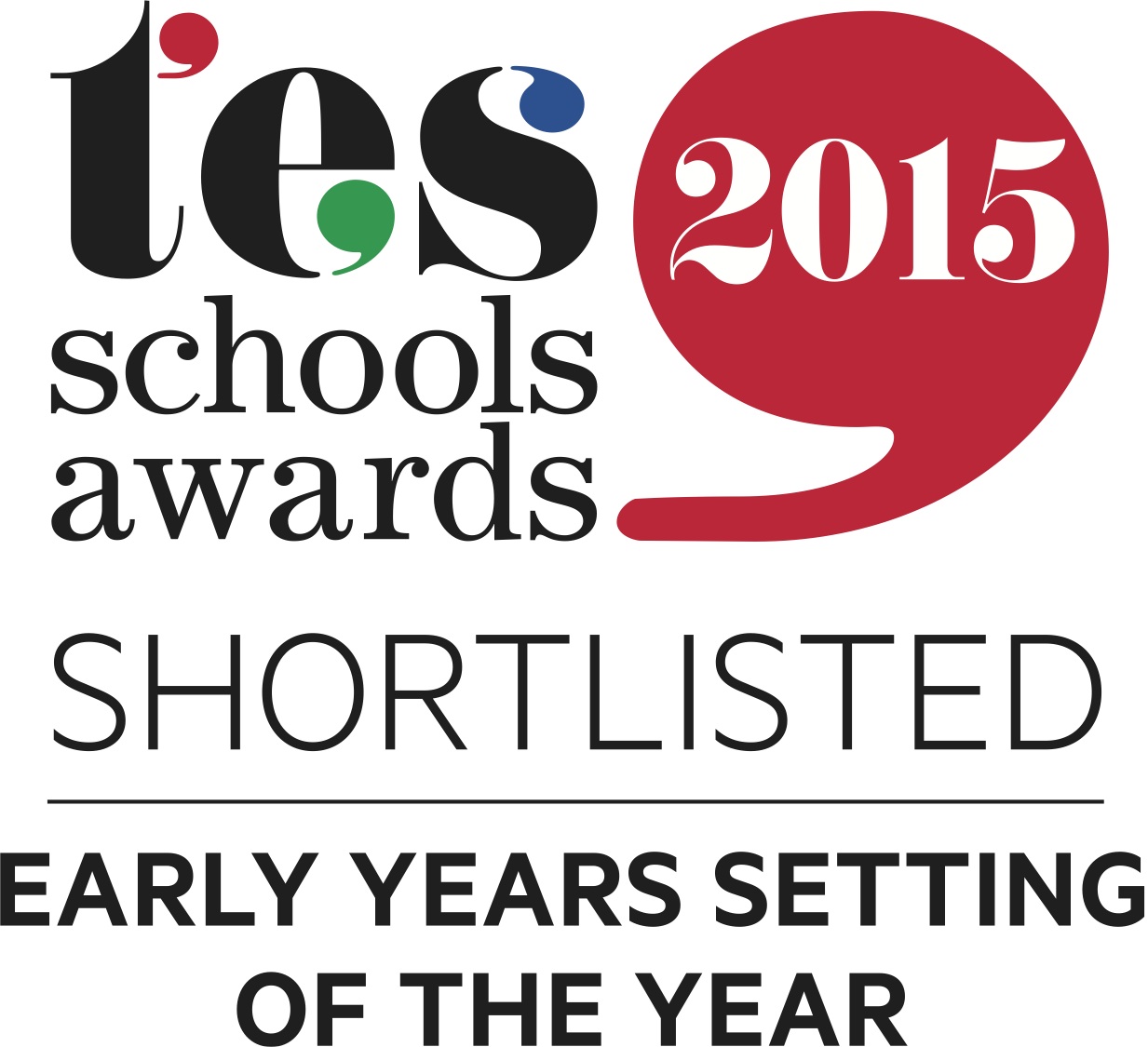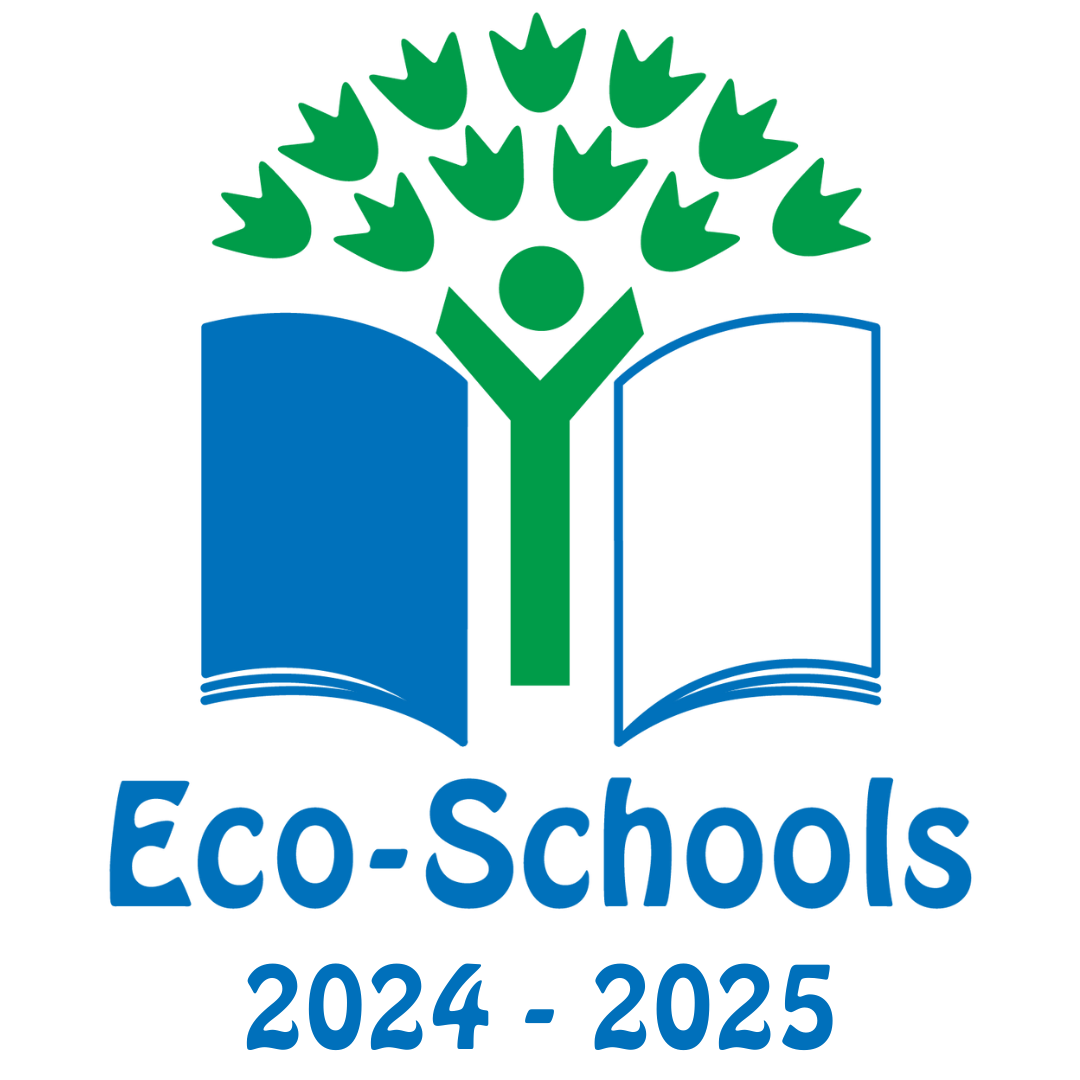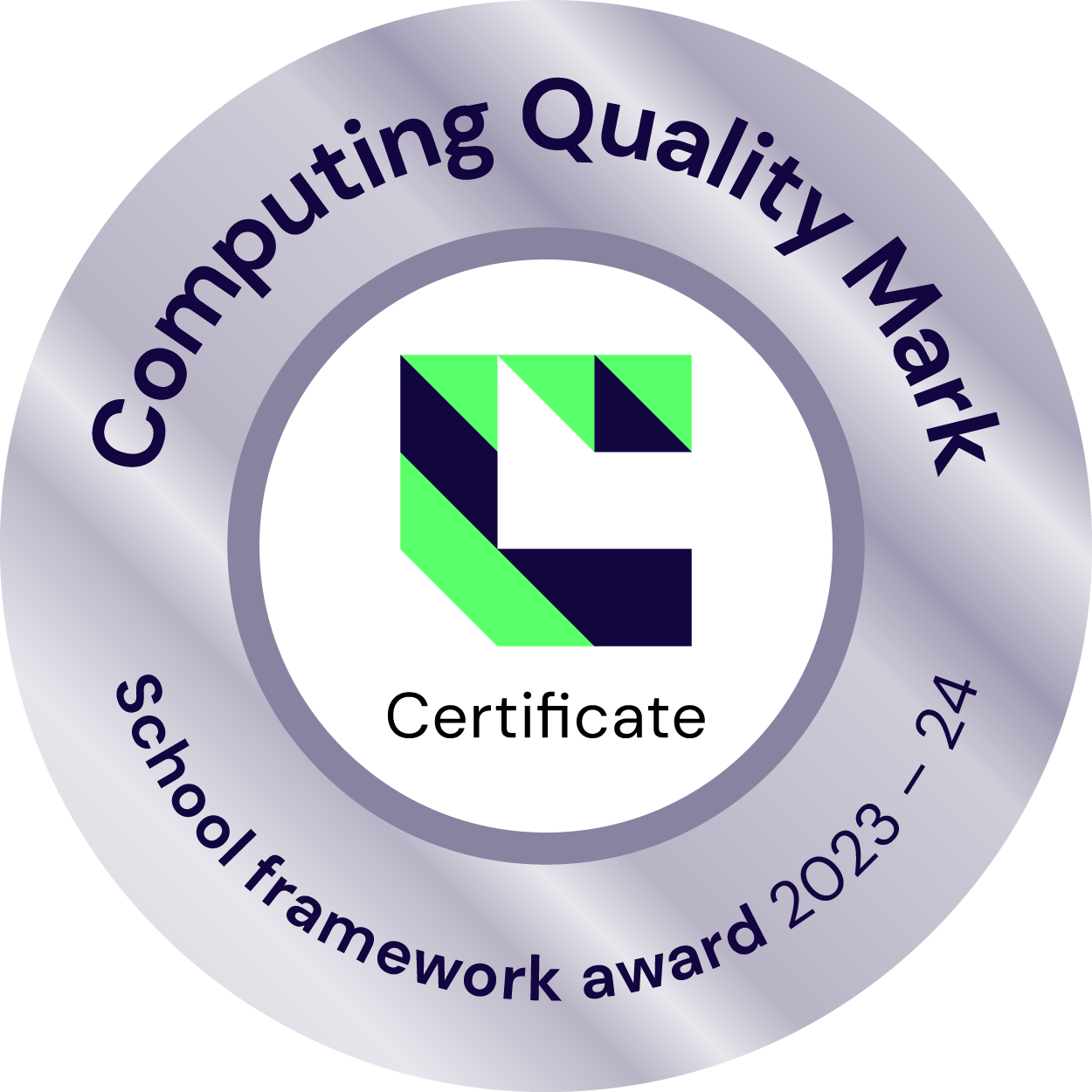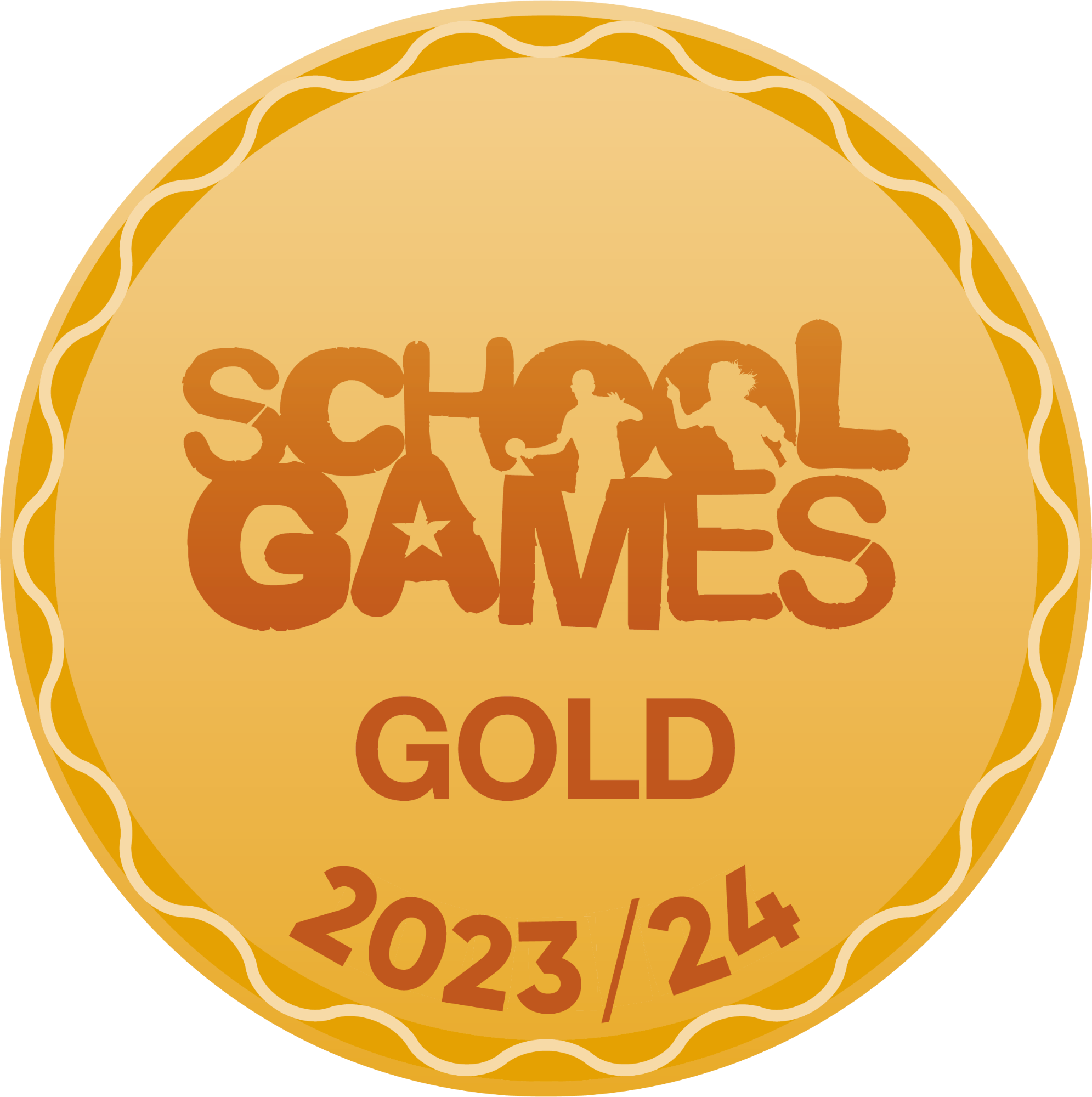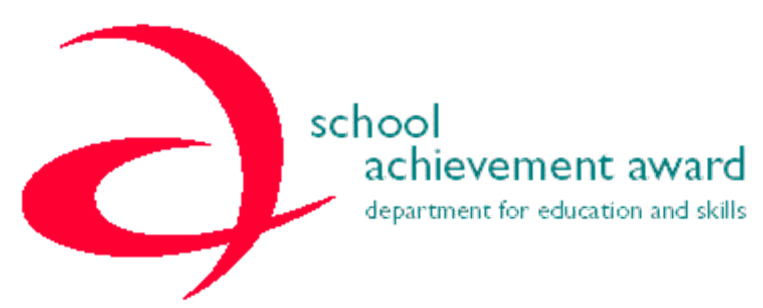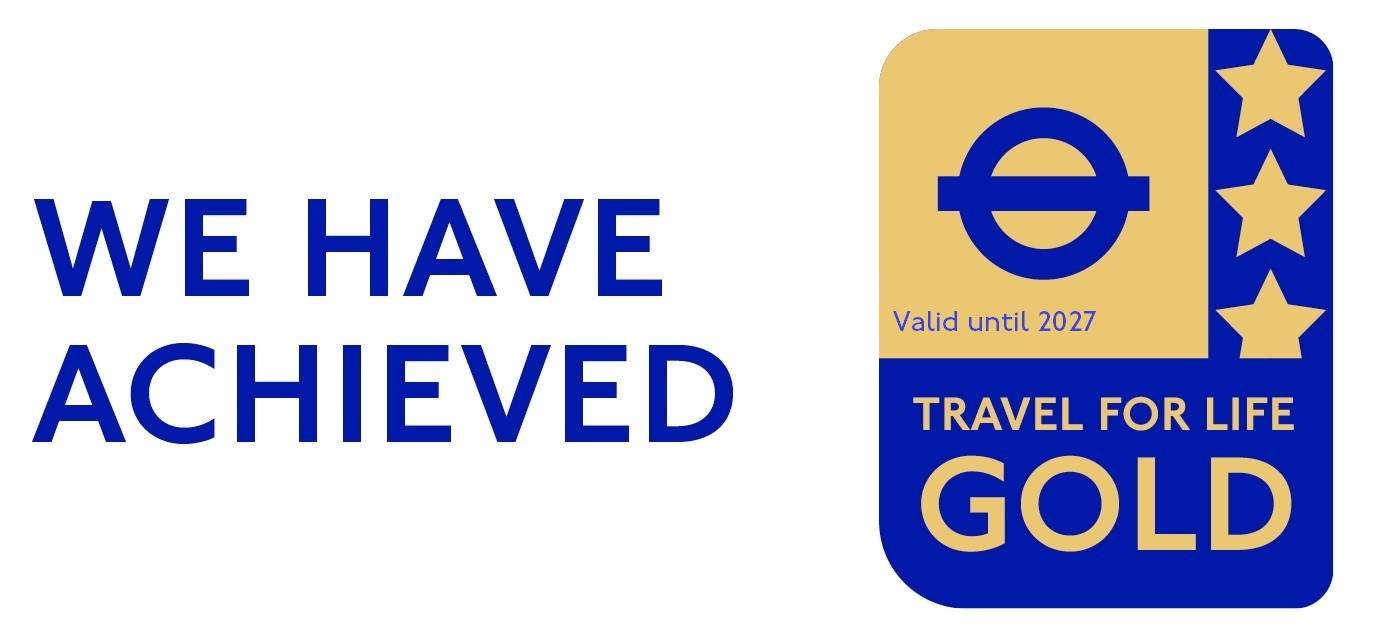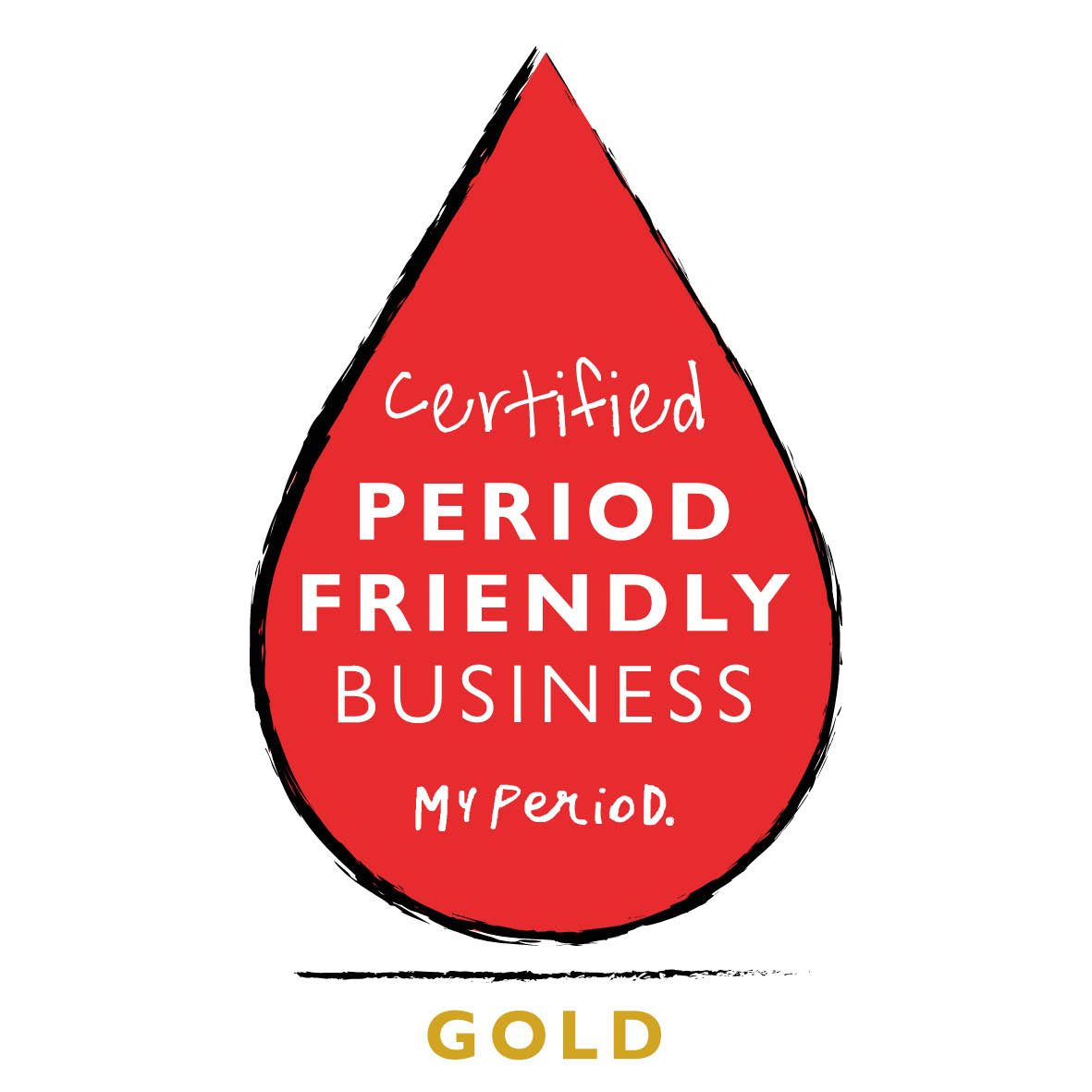EYFS
We are very proud of our EYFS as our children have a fantastic building and outside area that enables them to become independent learners. Our EYFS is taught through half termly topics which link to the Early Learning Goals and the children's interests. Some subjects are taught discreetly e.g. phonics, and we welcome our families to come and watch us teaching phonics to the children every Thursday 8:45am-9:15am. The children make great progress through child initiated and adult led activities.

Intent
At Poverest, the broad and balanced curriculum is designed to develop knowledge children already have from home and previous settings. Every child is recognised as a unique individual and we celebrate these differences by adapting our curriculum to the interests of the children whilst also building specific knowledge, identified through the areas of learning. We provide creative and engaging first hand learning experiences, whilst allowing the children to build resilience, ambition and integrity.
The ability to learn is underpinned by the teaching of basic skills, knowledge, concepts and values. We provide inspiring enhancement opportunities to enable us to develop a lifelong love of learning. Community involvement is an essential part of our curriculum as we celebrate local traditions, learn new skills and enable the children to take an active role in events throughout the year.
Throughout their time in EYFS, the children develop a sense of belonging to our school community, ready for transition into Year 1. They have the confidence and skills to make decisions and self-evaluate, make connections and become lifelong learners.
We:
• Work in partnership with parents and carers to encourage independent, happy learners who thrive in school and reach their full potential from their various starting points.
• Understand and follow children’s interests and provide opportunities throughout our EYFS curriculum to support learning, consolidate and deepen knowledge and ensure children meet their next steps.
• Create an indoor and outdoor environment which supports learning.
• Prepare children to achieve a Good Level of Development (GLD) and the Early Learning goals at the end of the Foundation Stage and ensure children make outstanding progress from their starting points.
• Provide children opportunities to develop their sense of wellbeing and ability to regulate their feelings so that they feel confident in our community and are equipped with all the tools they need to transition to Yr1 effectively.
Implementation
Our broad and balanced curriculum follows the Early Years Statutory Framework and uses the Development Matters 2022 documents as a basis. We use these to develop a creative and inspiring curriculum offer to ensure that we deliver a carefully planned and progressive curriculum. Through our knowledge of each child and formative assessments the EYFS team plan exciting and engaging activities that will move the children’s learning forward and give them a context for their learning. There is a main ‘Topic Theme’ each half term where we take advantage of cross curricular links but we also follow individual children’s interests at specific times during the daily offer.
The curriculum is designed to include a blend of whole class, guided, adult directed play and child-initiated learning activities to ensure children are taught the knowledge they need for cumulative gains in learning in a progressive manner as well as following their own interests. We look forward at the start of a year to assessing what our children know and understand and ensure all children systematically develop knowledge in all seven areas of the curriculum.
Children in EYFS learn by playing and exploring, being active and thinking critically and creatively and this takes place both indoors and in our outdoor area. Our outdoor area is open all year round and the children make their own decisions about where they learn best to apply taught knowledge. The Early Years Curriculum is also carefully devised to ensure that the children are introduced to key concepts and bodies of knowledge that they will re-visit in Key stage 1
The team in EYFS work tirelessly to ensure that children are surrounded by a kind, caring and happy environment which helps them develop their own personalities in their journey through school. It is a positive place to be where resilience, perseverance and successes are celebrated and every child feels valued and respected.
English
Every week we introduce a new book with a focus on tier 1-3 vocabulary. The aim is to expose children to a range of books that not only develop a love of reading, but have been chosen specifically to develop their oracy, vocabulary and comprehension. These books are embedded in our provision through activities, story sessions and on display for children to access independently. Through this, children begin to internalise new vocabulary, language patterns and begin to retell stories.
Phonics
We follow the Bug Club programme to ensure consistency across the school. In Reception, the children are introduced to Phases 2-4 where they will develop GPC and segmenting and blending skills to decode words. Children are encouraged to read at home and are listened to regularly in school. They are given books that match their phonic knowledge in order for them to apply their learning with the aim of becoming successful, confident and fluent readers.
Mathematics
High quality learning environments and meaningful interactions with adults, support children in developing mathematical thinking and discussion. Pupils learn through games and tasks using concrete manipulatives and pictorial structures and representations which are then rehearsed applied and recorded within their own child-led exploration as well as their books. There is a focus on the composition of each number, subitising, recall of number bonds and numerical patterns.
Wider Curriculum
Our wider curriculum is taught through the learning areas; ‘Understanding of the World’ and ‘Expressive Arts and Design.’ EYFS staff have a good understanding of how ELG’s feed into the National Curriculum through our robust planning and CPD opportunities. Exciting, purposeful and contextual activities are planned to build on children’s natural curiosity based around the book that the children are learning each week.
Inclusion
Our inclusive approach means that all children learn together, but we have a range of additional interventions and support for children who may need it, or are showing a greater depth of understanding and need further challenge. This includes, SALT, Narrative Therapy, EAL groups, social skills, fine motor skills, phonics, and mathematics. Half termly monitoring of teaching and learning ensures that all children have the potential to succeed.
Cultural Capital
We love to provide children with contextual, first hand opportunities that lots of them have not experienced before or that enhance their learning in school. We go on visits to the Pantomime on the train, get a coach to the farm as well as walking to places in our community e.g. Waterstones, local shops/garden centre. We ensure that all of our visits are learning related and will provide the spark for further immersion in a theme or project. Our parents regularly support us by coming into school to show/tell us about how they are celebrating festivals throughout the year. To keep the cost of visits to a minimum we use virtual reality headsets to immerse the children in experiences related to our topics as well as having visitors come in to school.
We encourage the children to be responsible citizens by every child having a day when they are the class monitor and they all also look after chicks and caterpillars in the Summer Term. There is a Class Ambassador who greets visitors when they come into the classroom, another child is a Reading Ambassador who for is responsible for the book corner and there is an Ecowarrior who ensures that lights are turned off etc. To show the importance of these responsibilities the children wear a specially made badge.
Assessment
All children are assessed on the Statutory NFER Baseline Assessment within the first 6 weeks of starting school. A range of formative and summative assessments are used to identify what children know and understand and to precisely target their next steps in learning. The EYFS team collect evidence of children’s learning through work completed in daily challenges, observations using Evidence Me and learning in children’s books. Through weekly homework tasks, parents can contribute to what we are doing in school as well as reinforcing learning. The judgements of our school are moderated with other schools and the EYFS Lead was a LA Moderator who continues to work with the DfE on developing the EYFS. This means judgements are secure and consistent with government guidelines.
Transition
By the end of the year, we provide opportunities for children to increase their ability to work independently on tasks ensuring they are well-prepared for the move to Year 1. We also ensure that the curriculum and pedagogy in Year 1 continues to reflect the independent learning skills children have gained in Year R working together as teams to develop expertise and confidence in all teaching staff. We do this through key stage meetings where reflections on practice are made, evaluated and decisions about the best way to move forward to enhance children’s learning.
Impact
The impact of the EYFS curriculum is reflected in having well rounded, happy and confident children who have made great progress from their starting points. The children transition into Year 1 with the key knowledge and overarching concepts to enable them to access the requirements of the National Curriulum. Our children regularly meet the National and Local Authority figures for children achieving a Good Level of Development.
The Early Years provision features in the School Development Plan and has a rigorous plan for development each year. This is monitored and evaluated by the EYFS Lead, the Head teacher and designated EYFS Governors. This ensures that all staff understand the Early Years curriculum offer and how it provides the foundation for subsequent learning for all subjects of the National Curriculum.


